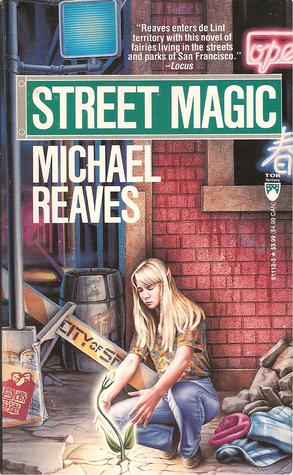BayCon is my local science fiction convention, one I have
attended regularly for quite a few years now. At first, the hotel venue was
within commuting distance, so long as I did not indulge in too many late night
events that left me driving twisty mountain roads when I was already fatigued.
But as the convention moved to different hotels, as conventions sometimes do,
each successive move took it farther away until I was faced with either driving
over an hour in either direction or shelling out for a hotel room. Fortunately,
a dear friend and writer colleague offered me a guest bedroom and the chance to
carpool from her house. Her adolescent children attended the con, too, so my
own experience was colored by becoming a temporary part of her family and also
the rhythms and accommodations of young folks. Among other things, I heard
about the teen track programs, the gaming room, and other aspects of
conventions I otherwise would be oblivious to. The kids reminded me that
although conventions are primarily work for me, they can and should be play, as
well.
The other difference in this convention is that Book View Café
had one of two tables in “author’s alley,” near guest registration (the other
was Tachyon Books, featuring Peter S. Beagle). Although the various attending
members were not particularly organized, it was a somewhat successful learning
experience and some of us sold books, talked about BVC, and chatted with fans.
We arrived at the hotel Friday afternoon, in time to hear
both Juliette Wade and Chaz Brenchley read. Listening to authors read their
work, sometimes work in progress or yet unpublished, is a special treat. When I
have a heavy schedule of panels, I regret not being able to attend, so this was
a great beginning to a convention. Not only did I get to hear two very
different but equally wonderful stories but sitting quietly in a convention
atmosphere helped with the transition.
It seems the older I get and the longer I live in the redwoods,
the more difficult it is for me to “shift gears” into convention mode. I’ve
become accustomed to long, deep silences, not to mention a slower pace of
conversation. I always feel as if I’m moving (and speaking) too fast, which of
course increases the risk of mis-speaking or not listening carefully enough to
what the other person is saying. Most of the time, no one seems to notice.
Being so aware of my own limitations, however, does make it easier for me to
respond with gratitude when I am called out on an error. I appreciate not
getting backed into a defensive posture.












